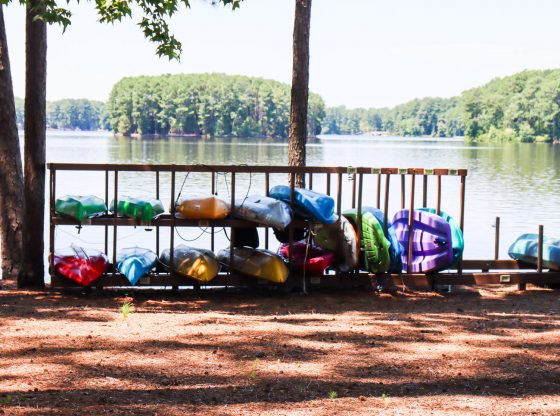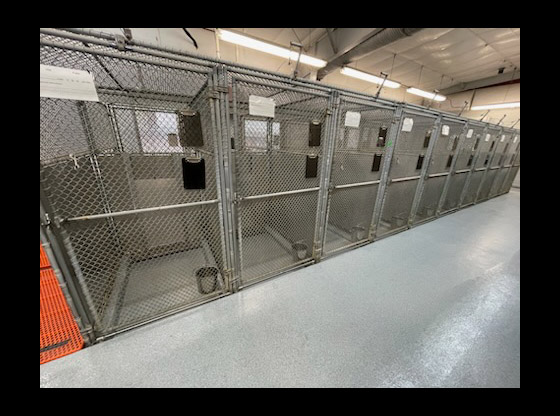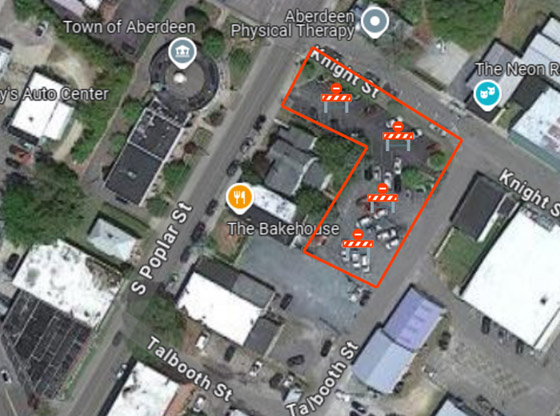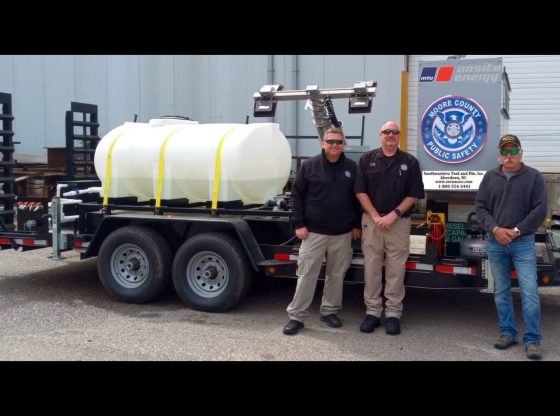A winter storm watch begins Wednesday for many eastern North Carolina counties and snowfall is expected across the coastal plain on Wednesday afternoon and night. Bitter cold air from an arctic high-pressure system means temperatures statewide are expected to average well below normal for the rest of the week.
Moore County is not expected to be impacted in a big way, but Moore County Public Safety is “urging citizens to stay prepared and keep an eye on the weather for any changes in the forecast.”
Moore County Schools stated they are receiving many inquiries regarding any alteration of school’s schedules such as delay, closing, or early dismissal. As of Wednesday early afternoon, they are operating on a normal schedule; however, all after school activities after 5:00 p.m have been canceled. The administration said it will communicate any changes on their website, Facebook, and Twitter.

Image from National Weather Service
Temperatures are expected to be in the lower teens starting Friday. Some Moore County animal advocates are warning the public of the algid temperatures.
Longleaf Animal Hospital and The Moore Humane Society are warning Moore County that if it’s too cold for you to be outside, then it’s too cold for pets to be outside.
The facilities are urging the public to bring pets indoors during these days and nights when temperatures dip below freezing.
If you hear neighborhood pets outdoors that are barking in distress, please check on them. According to Moore Humane Society, “Pets outside should always have shelter, but there’s a danger that the shelter may not be sufficient in extreme weather. Contrary to popular belief, the vast majority of dogs do NOT have a coat warm enough to sustain freezing cold for more than a few minutes.”
While the current forecast calls for varying snow amounts of up to five inches in parts of eastern North Carolina, the state is preparing should the forecast change.
“Snowfall amounts can be very hard to predict in North Carolina, as we saw in early December in western North Carolina,” said Governor Roy Cooper. “A small change in a storm’s track can make a big difference in how much snow falls and where. That’s why we’re making sure North Carolina is prepared for whatever this storm could bring, and why I encourage families and businesses to get ready.”
Emergency managers and meteorologists at North Carolina Emergency Management are tracking the storm closely and are prepared to assist counties with any storm-related needs.
People should make sure they are ready for the cold and should stay off the roads while conditions are dangerous.
To be ready for winter weather, North Carolina Emergency Management officials urge you to:
~Dress warmly for the cold. Wear multiple layers of thin clothing instead of a single layer of thick clothing.
~Always keep at least a three-day supply of non-perishable food in your home.
~Keep alternative heating sources and fire extinguishers on hand. Be sure your family knows how to use them.
~Properly vent kerosene heaters and keep electric generators outside and away from open windows or doors to prevent carbon monoxide poisoning.
~Do not burn charcoal or use a grill indoors.
~Use an NOAA Weather Radio or monitor local news media for changing weather conditions.
~Keep fresh batteries on hand for weather radios and flashlights.
~If your pipes are uninsulated, keep faucets open to a slow drip to prevent pipes from freezing.
~Keep pets inside, out of the cold.
~Download the ReadyNC app for more winter weather preparedness information.
The State Highway Patrol offers these tips for travel during winter weather:
~Store an emergency kit in your vehicle. Include a windshield scraper, jumper cables, tow chain, sand/salt, blankets, flashlight, first aid kit and road map.
~Keep your cell phone charged.
~Monitor fuel levels.
~Clear your windshield and other windows of snow and ice before traveling.
~Use headlamps and windshield wipers.
~Plan for delays and longer than usual travel times.
~Increase your following distance.
~Decrease your speed.
~Choose several routes as some roadways may be closed.
~Share your travel plans/routes with others.
~Always be aware of your location in case you become stranded.
~If your vehicle becomes disabled, stay inside the vehicle until assistance arrives.


















